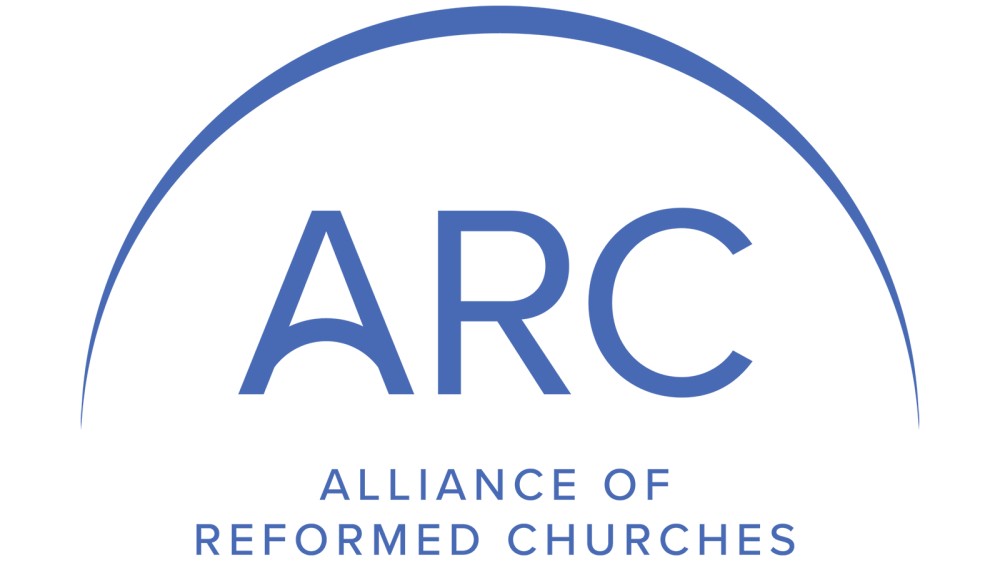Reformed Church in America splits

On New Year’s Day, 43 congregations of the Reformed Church in America split from the national denomination, one of the oldest Protestant bodies in the United States, in part over theological differences regarding same-sex marriage and the ordination of LGBTQ clergy.
The departure of the theologically conservative congregations to the new group, the Alliance of Reformed Churches, leaves some who remain in the RCA concerned for the denomination’s survival. Before the split, the nearly 400-year-old denomination had fewer than 200,000 members and 1,000 churches.
Read our latest issue or browse back issues.
At least 125 churches from various denominations are in conversation with ARC leaders about joining.
“Realistically, it’s a large group of conservative churches that are also providing a lot of income to the denomination. I really think the mass exodus of all these conservative churches is going to throw the RCA into a really difficult financial situation,” said Steven Rodriguez, an RCA church planter in Brockport, New York. “I doubt the RCA will be financially sustainable for much longer.”
The move follows the RCA General Synod’s October 2021 decision to adopt measures for “grace-filled separation” with departing churches and to appoint a team to develop a restructuring plan for those that remain.
The new denomination, besides not affirming same-sex marriage or ordination of LGBTQ individuals, will have a strong emphasis on church planting and feature a flexible organizational model meant to foster theological alignment and efficient decision making, according to ARC leaders.
Other conservative-leaning churches in the RCA, as well as others in the Presbyterian Church in Canada, Christian Reformed Church in North America, and Presbyterian Church in America, are also discerning whether to join the ARC, according to Tim Vink, the new denomination’s director of spiritual leadership and outreach.
The launch of the ARC is part of a larger realignment within North American Protestantism. The last two decades have seen conservative Episcopalians, Presbyterians, and Lutherans form their own denominations over LGBTQ inclusion and sexuality, and the United Methodists are scheduled to consider a denominational split in the fall.
“We believe if the church is going to be successful in the 21st century, it needs to be powered by a more agile structure and it needs to be more theologically aligned than theologically diverse,” said Dan Ackerman, ARC’s director of organizational leadership.
Joel Baar, an ARC board member and elder at Fellowship Reformed Church in Hudsonville, Michigan, which opted to join the ARC by a vote of 604–9, said that theological conformity of the ARC is part of what appealed to his congregation.
But theological differences remain even within the new denomination. While the understanding of marriage as between a man and a woman is a “top- tier” theological belief, Ackerman explained, the question of women’s ordination is a “second-tier issue” that local leaders can address in their own contexts.
Every five years the organization and individual congregations will assess how well they are serving one another and if they should remain partners in ministry, said Ackerman. “The word alliance implies a choosing that happens so you can accomplish a certain thing, and then you reevaluate and say, is that alliance still helpful for the next chapter?”
RCA leadership has reached out to its congregations, hoping to sell them on the RCA’s increasing diversity and new international church-planting and missional partnerships, which include its 375-year-old global mission organization that supports roughly 100 missionaries and partners through its $8.5 million worth of endowments.
Yet the RCA is also committed to allowing departing churches to leave on good terms. “We want to bless our brothers and sisters who are choosing to find another denominational family,” said Christina Tazelaar, director of communication for the RCA.
The ARC seems equally dedicated to a smooth transition, and ARC pastors say they are open to the idea of continued partnerships with the RCA. “We bless the RCA, we pray for the RCA,” said Vink. —Religion News Service





